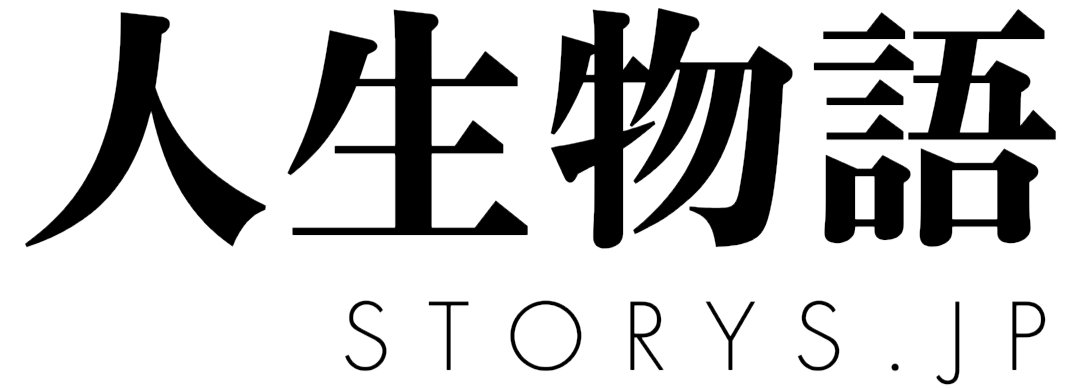How to acquire English skills even if you don’t want to. Chapter 3 Work and English (1) 3.1 Gathering information on overseas technical magazines

Due to the nature of my work, there was a need to obtain the latest knowledge and information in English by reading foreign journals on textile processing technology and information. This is what is called collecting information in the original language. In voluntary study sessions after working hours, each of us would translate and introduce the information we had obtained from the English written technical magazines to share the information with each other so that we could do the latest work and research.
It was impossible for a person who was just over 20 years old and had little work experience to be able to read foreign journals at the same speed as Japanese journals. I remember spending a lot of time on a single reference article in the beginning. However, there seemed to be no big difference between me and my supervisors and young university graduates, and I was not averse to English itself. Therefore, I subscribed to an English-language newspaper in the bachelor's dormitory where I lived. I re-started writing my diary in English as soon as I joined the company.
Although I am now also involved in the development of electrical and electronic technologies, I spent my early 20s, about 30 to 40 years ago (as of 2011), as a chemical research assistant and engineer (synthetic polymers, dyeing chemistry, and textile processing and finishing) there at Toyobo's Takatsuki Research Institute.
At the institute, the latest technical journals published overseas were circulated one after another to the research staffs and then stored in the library. It was my duty and necessity as a researcher to understand at least half of the new information and knowledge in my field of expertise through original books, and to conduct reproduction and confirmation tests of the contents of interest.
Around 1975, about 10 years after joining the company, when I had returned to the research institute as a researcher after finishing from the company's program of studying in domestic university, we were also required to submit our monthly report in English.
One day, I remember obtaining information in a technical journal from the UK about a super absorbent polymer that could absorb several hundred times its own weight in water, and I immediately conducted synthesis experiments to confirm it. The synthesized super absorbent polymer was presented and reported at monthly debriefing sessions attended by all researchers, and we all thought of ways to use it. Unfortunately, none of the researchers, including myself and my supervisor, had the idea of using it in diapers, which are now widely used. Was it too early? Perhaps it was because of a lack of business sense, but in hindsight, it is a shame.
Technology development is a fierce competition for every second, and there is a great risk of missing the right moment for development if you rely on information translated from the original by others.
It has been a reality for decades that researchers who do not have the ability to understand the original texts as if they were their native language are not needed in the research field. As I write this in June 2011, the number of employees to be hired by major companies in the next fiscal year 2012 is larger overseas than in Japan, which can be interpreted as a reflection of this reality, a response to the economic activity hit by the Great East Japan Earthquake, and the unsympathetic taxation policy for corporate economic activities in Japan.
The attached photo in the following site shows me during a synthesis experiment in 1973.
Serially posted in English every Tuesday.
毎週火曜日に連載中
For photo data and materials, please refer to the following websites.
写真データ、写真資料は以下のサイトを参照下さい。

